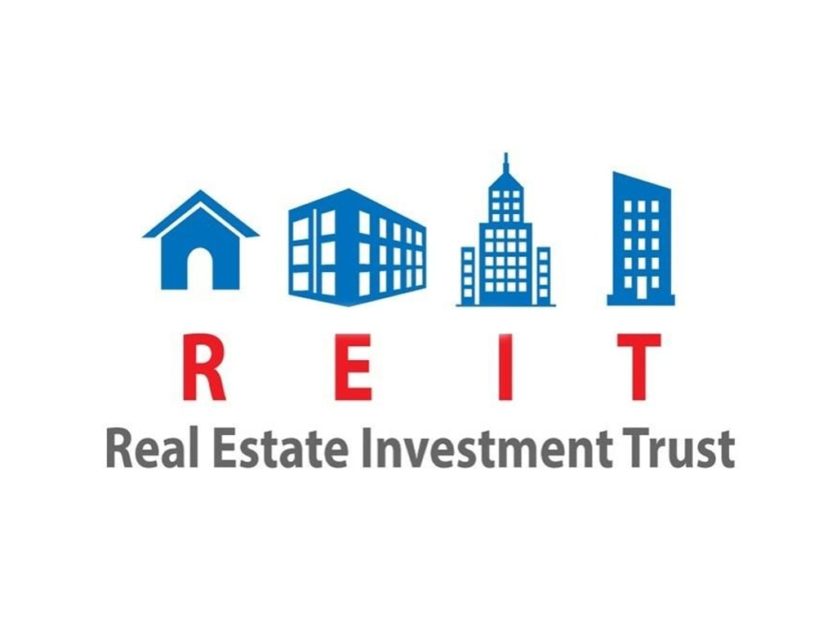Real estate is a lucrative business option for many investors as they consider it an integral part of their diverse investment portfolio. Investing capital in a property is considered an effective long term option of growing wealth and obtaining financial security. When it comes to adding real estate to an investment portfolio, there are two popular ways for investors: REIT and direct property investment.
REITs or Real Estate Investment Trusts are companies that offer the chance of generating income without buying any physical real estate.
On the other hand, direct property investment involves buying and managing the property yourself.
In this blog, Graana, Pakistan’s smartest property portal, features a detailed comparison of REIT and direct property investment so that you can make an informed decision.
What Are REITs?

Real Estate Investment Trusts (REITs) are corporations that own, manage or finance income-generating residential and commercial properties. They invest capital directly in real estate by buying properties or mortgages.
These corporations act like mutual funds where the capital of various investors is pooled in different properties like apartments, retail centres, hotels etc. In this way, investors can earn dividends without buying or managing any real estate.
Most of the properties in REITs are publicly traded on major security exchanges that you can buy or sell (just like stocks) throughout the trading session. Get to know how to invest in REITs in Pakistan?
Pros and Cons of REITs
The biggest advantage of REITs is that you don’t have to buy or manage any type of real estate yourself and yet you get an opportunity to earn income from your residential and commercial real estate holdings.
There are different benefits of REITs, which are as follows.
Low Risk and Cost-Efficient Investment
Through REITs, you can easily invest in different types of properties, so that investors are safeguarded from being significantly impacted by any low performing property. Hence, the risk is mitigated and you get higher returns from the invested capital.
Moreover, these REITs are cost-efficient as they have high liquidity and can be traded any time you like.
Less Volatility
REITs are less volatile compared to other investments; when you buy any property, you can predict most of the expenses over time. In the case of stocks, it is relatively difficult to predict anything, which makes REITs a more stable investment option.
However, there are also some drawbacks of REITs. The biggest disadvantage is they are taxed at a much higher rate compared to direct real estate investment.
Some drawbacks of REITs are given below.
Sensitive to Interest Rates
The drawback of REITs is they are sensitive to interest rate fluctuations. If any central bank increases the interest rate, it will affect the price. Most of the time, the price will go down due to the hike in interest rate.
Property Specific Risks
Investing in REITs can diversify your portfolio but most of them are focused on one type of property. For instance, if a REIT is focused on investing in hotels only, there is a chance your investment will be exposed to property-specific risks. So, it is better to invest in REITs that are not focused on only one type of real estate.
What Is Direct Real Estate Investment?

In the case of direct real estate investment, you get to buy or manage any type of real estate, such as apartments, duplexes or shops. With this type of investment, you can earn rental income or profits due to the appreciation in the value of the property – plus you get more control.
Perks of Direct Real Estate Investment
Just like REITs, investing directly in real estate has several advantages, some of which have been listed below.
Generating Positive Cash Flow
Real estate fluctuates like stock markets but usually the prices of the property increase over time. The appreciation in the property value allows you to sell the property at a higher price and, thus, you’re able to generate substantial cash flow through your investment.
More Control Over Investment
Another advantage of direct real estate investment is that you get to decide the property you want to invest in. You can buy the property that is according to your needs, in terms of its location, property type or financing structure. For instance, if you have an apartment, you can set its rental price and choose tenants. This is not an opportunity you usually get in REITs.
Drawbacks of Direct Real Estate

Some of the drawbacks of direct property investment are given below.
Requires Time and Energy
In direct property investment, you need to consider different factors before making any purchase decision. These things require significant time and energy. You also need to deal with any kind of issues that may emerge directly related to the property.
Risk of Financing Default
For direct real estate, investors would need to take a loan or mortgage for buying the property. In case the market price drops or you’re facing difficulty in finding a tenant, there is a high chance the investor will not be able to pay back the loan.
Direct property investment is a great option for people who are looking to get better cash flows and tax breaks. However, if you’re someone who doesn’t want to operate or manage real estate, then REITs are the best option for you.
To know more about different real estate investment opportunities, visit our blog at Graana.com




